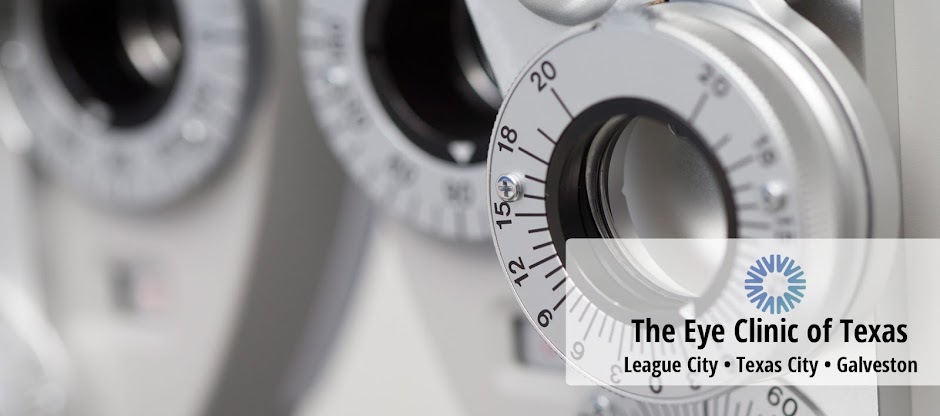Sunglass Choice Helps Prevent Eye Damage
Did you know that too
much sun on unprotected eyes increases the risk of eye disease? The good news
is that prevention is simple: Wear sunglasses that block 99 to 100 percent of
UVA and UVB radiation. But there are a lot of common myths about sunglasses and
eye health. Here is some information to help debunk the myths and provide tips
to promote smart eye health choices.
Myth #1: Sunglasses are Only
for Sunny Days
False. UV light gets through clouds
and haze. Regardless of the season, sun exposure can increase the risk of
developing cataracts, growths on the eye and cancer. Sun
reflecting off ice and snow can also lead to photokeratitis, a painful eye condition sometimes referred to
as snow blindness.
Myth #2: Babies and Children
Don’t Need to Wear Sunglasses
False. Children are just as
susceptible to the sun’s harmful rays as adults. Start them on healthy habits
early.
Myth #3: Cheap Sunglasses
Don’t Offer Protection
False. Sunglasses don’t have to cost
a lot of money to provide adequate eye protection. Less expensive pairs marked
as 100 percent UV-blocking can be just as effective as more expensive options.
Labels can sometimes be confusing. Some indicate sunglasses offer 100 percent
protection from UVA/UVB radiation, others offer 100 percent UV 400 protection.
Both block 100 percent of the sun’s harmful radiation.
Myth #4: Size Doesn’t Matter
False. The more coverage sunglasses
provide, the less sun damage inflicted on the eyes. Consider oversized
sunglasses or wraparound-style glasses, which can help cut down on UV light
entering the eye from the side. Wraparound glasses may also protect against dry
eye due to the wind.
Myth #5: Polarized Lenses
Offer More Sun Protection
False. Polarized lenses do
not block more radiation; however, they can cut down on glare reflecting off
cars, water or pavement, which can make activities such as driving or boating
more enjoyable.
Myth #6: Darker Lenses Offer
More Sun Protection
False. The darkness of the lens
isn’t indicative of protection. Make sure the label on the lens says 100%
UV-blocking.
Myth #7: Tinted lenses
offer more Sun Protection
False. Amber, green and grey lenses
do not block more of the sun’s harmful rays. However, tinted lenses do offer
increased contrast for those who play sports, making a softball or a golf ball
easier to see.
Your eyes need protection from the sun’s damaging ultraviolet rays just like your skin. Sunglasses are your prescription for eye health. They are effective, inexpensive, and provide protection year-round. Schedule an appointment to select and be fit with fashionable sunglasses to look good and protect your eyes! Call us at The Eye Clinic of Texas, an affiliate of Houston Eye Associates, at 800-423-3937, visit The Eye Clinic of Texas, or Facebook.
The Eye Clinic of Texas is an affiliate of Houston Eye Associates, the largest ophthalmology clinic in the nation. We are a leading eye care practice serving the greater Houston, League City and Texas City with offices at 1100 Gulf Freeway, Suite 114, League City, Texas 77573 and 7111 Medical Center Drive, Suite 110, Texas City, Texas 77590.



